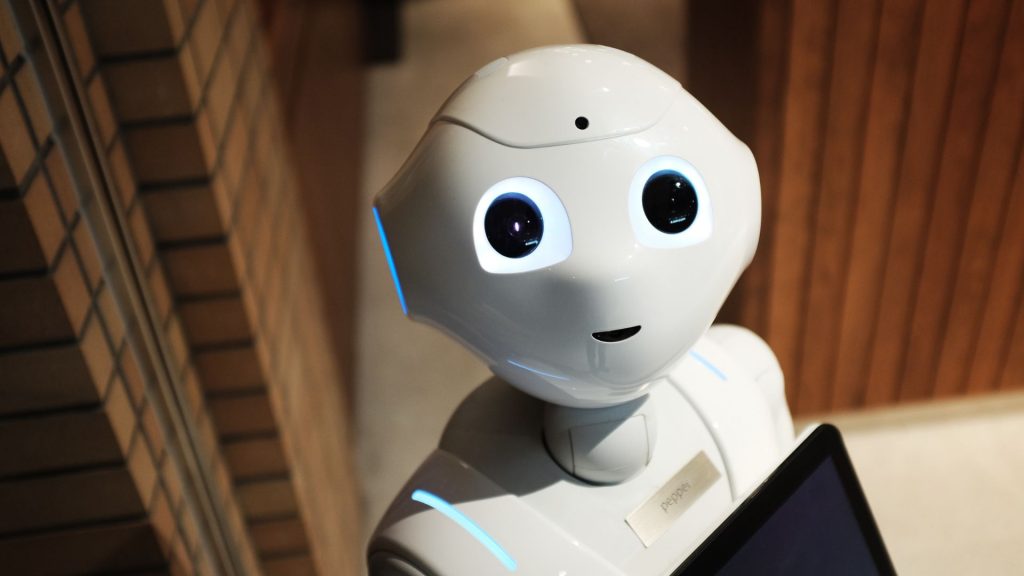Progress implies both changes and evolution from an old order with old traditions to a new order. But the new order is not necessary embraced by all. Progress would imply a betterment of one’s quality of life but are there any limits to progress ? Can we live without technologies ?
We could blame society at large : we live in a consular society which is ruled by aggressive advertising. To quote Robert Brownin « Progress is the law of life ».
Lire aussi : La monarchie en Angleterre, tout ce qu’il faut savoir.
Race again the machine is a book published by Andrew McAfee, In this book Andrew McAfee ask the question of the impact of the machines on the labour force. During a Ted Talk (mettre la ref), Andrew McAflee gives the example of the translation services : before a human being was needed, nowadays you just need an internet connection.
Unemployment
When confronted with the question whether technological progress can be detrimental to human interests, the idea that most often come to mind range from threats to individual liberties through surveillance to more far-fetched fears of computers and machines becoming self-aware and turning against man. Today more and more workers, instead of being assisted by technology, are competing with robots for their jobs.
This phenomenon has been named « technological unemployment » and many economist argues that it is a major cause of America’s « jobless recovery » following the Great Recession in 2008. American economy is bigger than before the recession but unemployment remains at its highest level in twenty years. In its book The second Machine Age Andrew McAfee argues that robots are a major cause of this.
Less interactions with human beings
One of the hallmarks of the 21st century is that we are having more and more interactions with machines and less with human beings. For instance, bank-tellers have given way to ATMs, airline tickets agents have been replaced by automated kiosk. Hospital across US are no using Kiva robots that carry meals to patient and dirty linen to the laundry, reducing nursing and cleaning staff. Siri, on iPhones, is a pertinent example, you can know ask whatever you want to your device, it will answer your demand properly, you can even have a conversation with it.
Robots are now able to do more and more complex tasks. Since 90s computing speed has increased exponentially while the cost has declined, which has encouraged employers to substitute increasingly cheap and capable robots for expensive labor. Today, 6/10 of the world’s most valuable compagnies are IT firms.
Lire aussi : American Dream : tout ce qu’il faut savoir
The Luddites
In early 19th century a group of English textile workers, the luddites, staged a machine-breaking justified fears that the innovative weaving technology was going to destroy their jobs. Today « luddite » means someone who is afraid of technological advancement. During the British Agricultural Revolution, lost jobs were absorbed by new industrial jobs for the industrial revolution. Scientists expected a same phenomenon for the technological revolution, but things are not that simple. McAlee, for his part, predicted a « hollowing out » of mid-level jobs, which will degrade the problem of inequality.
























